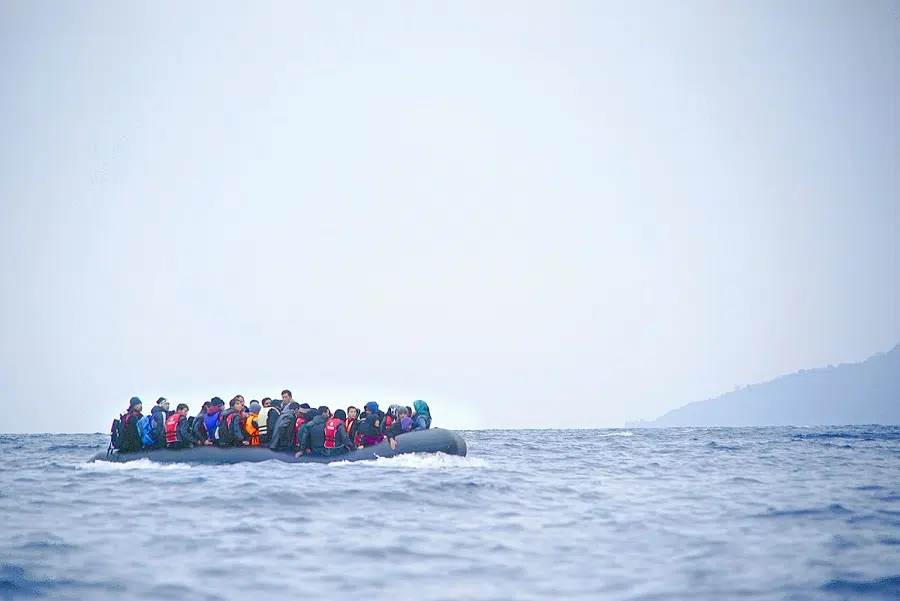The Council of Europe Commissioner for Human Rights has strongly criticized Greece for its handling of migrants, the treatment of Roma communities, and declining press freedom. During his visit from February 3 to 7, Commissioner Michael O’Flaherty assessed Greece’s approach to migration, border operations, and human rights protection, particularly in light of ongoing allegations of rights violations.
A key focus of his visit was the deadly Pylos shipwreck of June 2023, where hundreds of migrants lost their lives at sea. The Greek Ombudsman, Andreas Pottakis, had conducted an independent investigation after the Hellenic Coast Guard refused to carry out an internal disciplinary inquiry despite pressure from Frontex, the EU’s border protection agency. The resulting 158-page report, released on February 3, pointed to severe failures by Greek authorities, stating that senior coast guard officers had knowingly exposed migrants to life-threatening conditions. The report further indicated potential criminal liability for eight senior officers over their actions during the tragedy.
O’Flaherty acknowledged Greece’s geographical challenges in managing migration, particularly with increasing arrivals via Rhodes and Crete. However, he urged the government to improve living conditions for migrants and accelerate the relocation of unaccompanied minors from the islands to the mainland. He also expressed alarm over continued reports of illegal pushbacks at Greece’s borders and called for independent human rights monitoring. In January 2025, the European Court of Human Rights ruled against Greece for systematically pushing back asylum seekers, ordering compensation for a woman who had been forcibly expelled to Türkiye.
Beyond migration issues, O’Flaherty turned his attention to Greece’s Roma communities, particularly in Thessaloniki and Halandri, where he observed dire living conditions and systemic discrimination. He urged European leaders to take the rights of Roma populations more seriously and called on Greece to implement concrete measures to improve their quality of life. His visit coincided with growing concerns over police violence against Roma individuals, with the Panhellenic Confederation of Greek Roma accusing law enforcement of systemic discrimination following multiple fatal incidents in recent years.
The commissioner also addressed the deteriorating state of press freedom in Greece, an issue that has drawn international scrutiny. His concerns follow a 2024 European Parliament resolution condemning Greece’s lack of progress in investigating the 2021 assassination of investigative journalist Giorgos Karaivaz, who was murdered while reporting on organized crime. European lawmakers have also criticized Greece over threats and attacks on journalists, including those coming from high-ranking officials, and the use of surveillance software to monitor journalists and activists.
O’Flaherty warned that growing pressure on journalists, human rights defenders, and civil society organizations is eroding Greece’s rule of law. His remarks add to mounting concerns that fundamental freedoms in the country are under threat, prompting calls for greater accountability and legal reforms.

